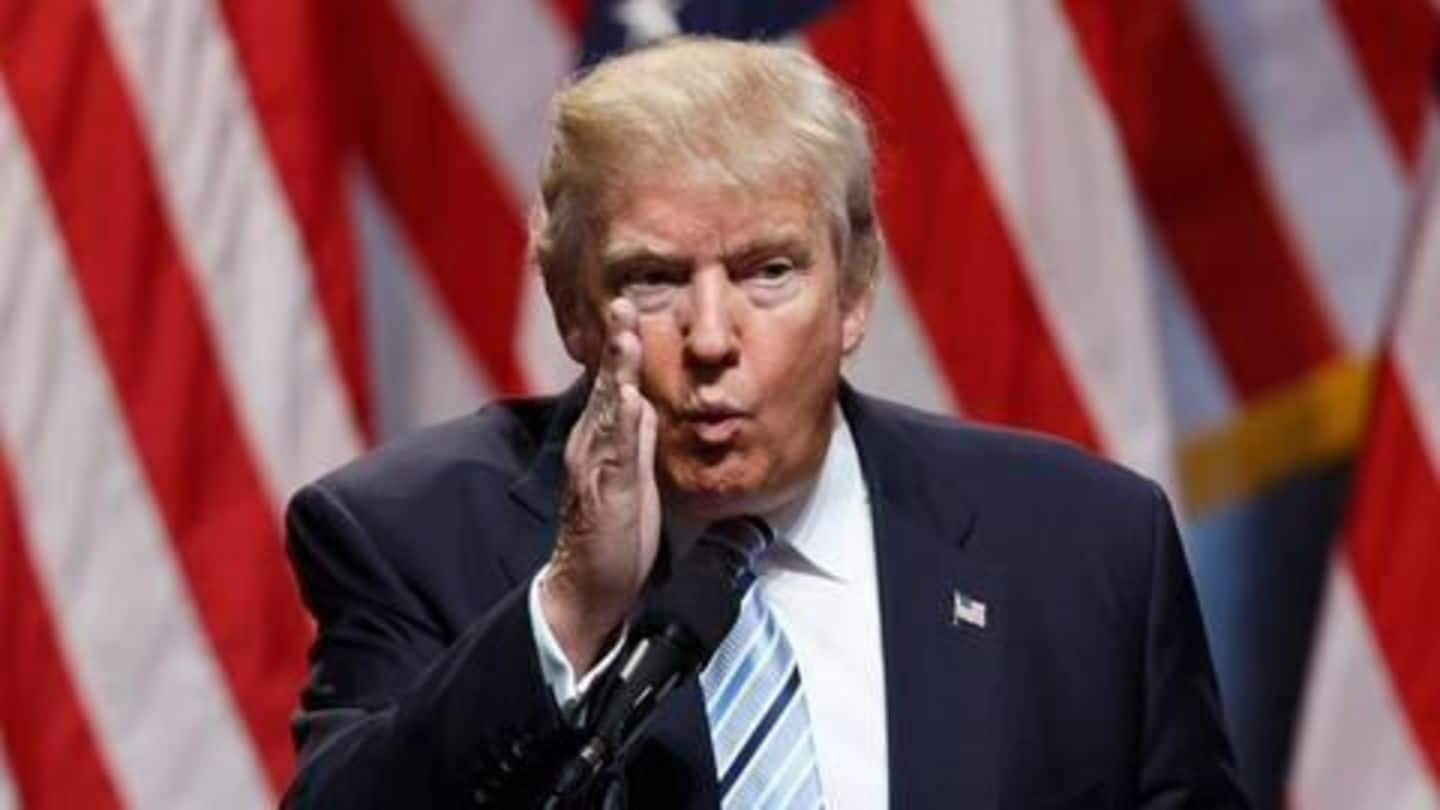
Trump's tax disclosure: Protesters demand release of tax returns
What's the story
Latest in the series of protests against US President Donald Trump, thousands of protesters marched in over 150 locations, demanding disclosure of his tax returns. Clashes between Trump's supporters and opponents resulted in 14 people being arrested in Berkeley, California. It was further reported that several protesters were injured in these clashes in various locations. Let us see what caused these protests.
Background
Does America really care about Trump's tax returns?
Although not mandated by law, American Presidents have voluntarily released tax returns since Richard Nixon's presidency. Pressure has been increasing on Trump since his campaign days to release them. Trump's counsel Kellyanne Conway in January had stated, "people don't care about Trump's tax returns", sparking considerable outrage. Trump in a recent press conference had noted, "I am not releasing them.....as they're under audit."
Data
What do the figures reveal?
A Washington Post-American Broadcasting Corporation poll in January this year revealed 74% Americans, including 53% Republicans believe Trump should make tax returns public. A petition demanding the same has been listed in the White House petitions' webpage and has gathered 1,090,405 votes.
About
The Trump tax Marches
The protests were conceptualized by law professor Jennifer Taub in response to Conway's statement in January and had caught on gradually. Professor Taub notes that the marches are much beyond paperwork and is about ensuring fairness and transparency in the tax system. Trump critics further demand to examine Trump's dealings including his Russia connection and various conflicts of interest.
Data
Trump's transparency problem
Trump Presidency has been under criticism for transparency issues. Along with non-disclosure of taxes, Trump has merely provided a one-page doctor's letter as health disclosure. White House has also reversed Obama's transparent policy concerning White House visitors log citing "grave national security and privacy concerns".
Analysis
What could happen now?
Trump's victory in the 2016 elections is a stamp of approval from the American people. Protest may represent the discontent amongst a small section of the population and is unlikely to change Trump's status quo. Scholars, however, opine that American officials not in favour of Trump have support campaigns including inciting public protests to make sure Trump does not last longer than 1000 days.